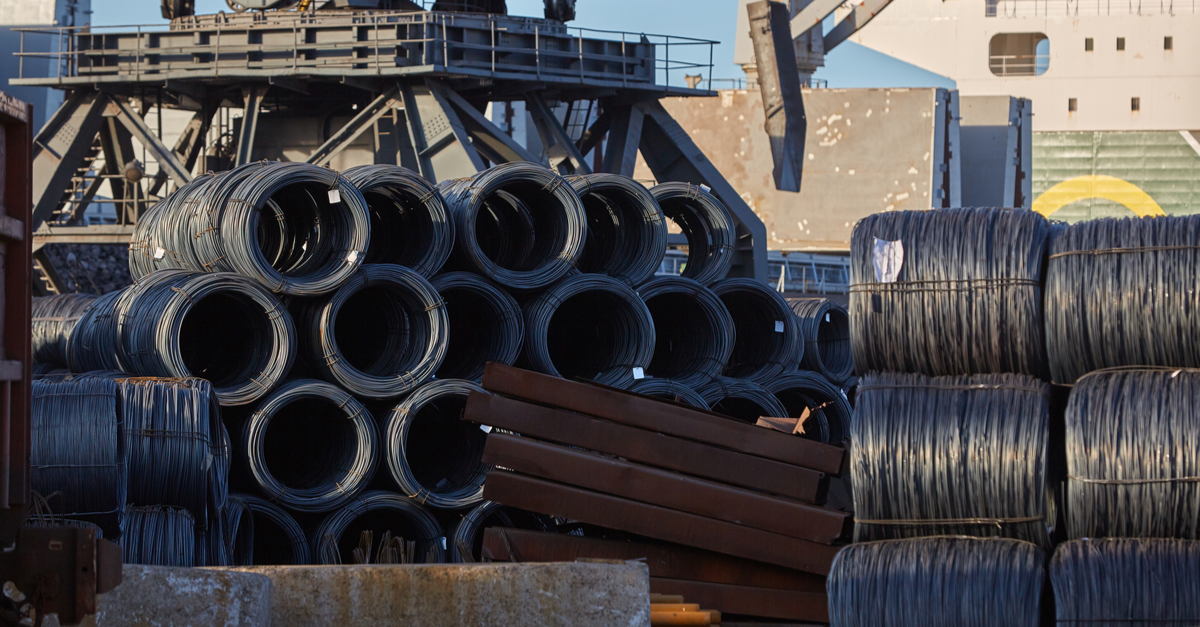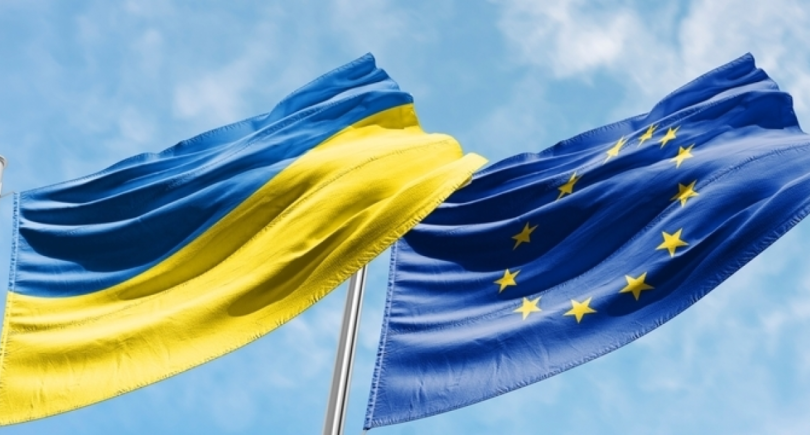
News State iron & steel industry of Ukraine 1475 16 February 2022
The problem is that the negotiations are closed and the business lacks an understanding of what will be included in the text of the agreement
Ukrainian steelmakers fear that Turkey will not cancel duties on steel products and that the domestic scrap market will be opened under the Free Trade Agreement (FTA) with Turkey.
This was stated by Oleksandr Kalenkov, President of Ukrmetallurgprom, speaking at the round table on “The Free Trade Agreement between Ukraine and Turkey: Opportunities or losses for the Ukrainian industry and economy?”.
The talks between Ukraine and Turkey have been ongoing since 2006.
“Throughout these 15 years, steelmakers have participated in joint Ukrainian-Turkish working groups and voiced their position. Yet, we have not been able to reach an understanding and develop a transparent document. There are great fears that the interests of our economy in general and the steel industry in particular will not be taken into account,” said Oleksandr Kalenkov.
According to him, the steel industry has two points of interest in relation to Turkey.
- When shipping steel products to Turkey, Ukrainian steelmakers are quite competitive and behave like responsible sellers. In turn, Turkey imposed 9–26% duties on Ukrainian steel products, and not because of any violations or unfair play on the part of Ukraine (price dumping, anti-dumping investigations). Therefore, after Ukraine signs the FTA with Turkey, these unreasonable duties should be lifted. Earlier, steel producers have already submitted such proposals to officials of the Ministry of Economy and now they would like to know Turkey’s response.
- Turkey is one of the world’s largest importers of scrap, most of which comes from the U.S. and the EU. But Ukraine is quite a big source of Turkey’s imports too. At the same time, there were times when construction of Turkish EAF capacities was supported with large government subsidies. Furthermore, many countries have started to protect their domestic scrap markets. Ukrainian steelmakers would therefore like to keep the applicable restrictions on scrap exports under the FTA, because in the current conditions, export of any amounts of scrap means direct losses for the budget and the industry.
“We fear that now this agreement will be signed on unclear grounds and Turkish duties on steel products will remain unchanged. And we are also concerned that, to one degree or another, the domestic scrap market will be opened,” added Oleksandr Kalenkov.
To date, steel producers do not know the current state of affairs, whether the above issues are negotiated with Turkey and whether they are included in the latest version of the FTA text.
According to analysts, the liberalization of trade with Turkey without taking into account the position of national producers could trigger the economic collapse of many sectors of the economy, including the light industry, cement production, mechanical engineering, etc.
Turkey more vigorously protects its domestic market and offers economic incentives to its producers on a large scale, which Ukraine cannot afford. As a result, Ukrainian producers are much less competitive than Turkish ones.




